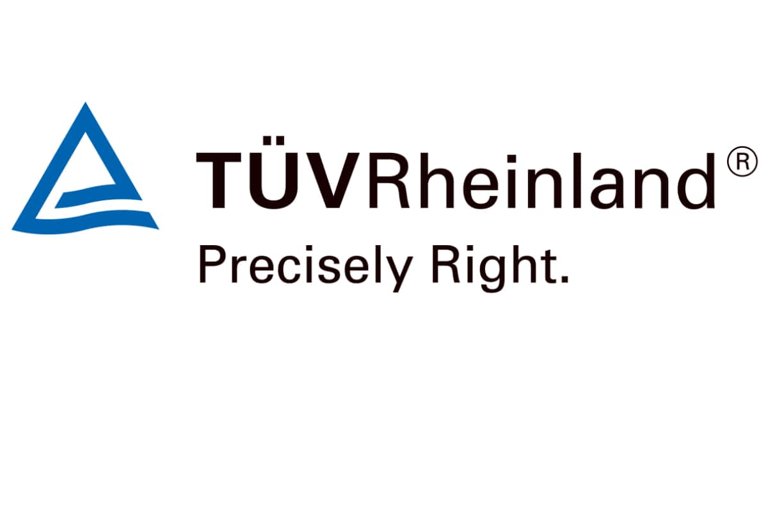
Press release
For media inquiries, please email andrew.sum@grst.com
Independent certification consultants, TÜV, verify that WATMAR3 lithium battery technology saves over 40% in carbon footprint
Hong Kong, September 23, 2021 – Global leader in independent testing services, TÜV Rheinland, has tested and certified that GRST’s award-winning WATMAR³ technology saves over 40% in carbon footprint during battery production, compared to conventional lithium-ion battery manufacturing methods.
Current methods of lithium-ion battery production lead to significant amounts of toxic pollution due to the high temperatures needed during the handling and drying of electrode materials, such as NMP and PVdF.
NMP (N-methyl-2-pyrrolidone) is a water-miscible organic solvent with a boiling point of 202°C that is toxic via inhalation and touch. Exposure to NMP can lead to health issues in the brain, nervous system, and reproductive system. PVdF (Polyvinylidene Fluoride) is a highly non-reactive thermoplastic fluoropolymer that is most widely used as a binder material for the production and sustenance of composite electrodes. PVdF only degrades at temperatures over 500°C, making current recycling options uneconomical, hazardous, and polluting.
The team behind WATMAR³ has eliminated the need for such toxic chemicals with a water-soluble binder that uses water as a clean and efficient solvent. This technology won the Grand Prix at the 47th International Exhibition of Inventions Geneva.
TÜV Rheinland underwent a rigorous testing process where the greenhouse gas (GHG) emissions were audited for each step of the WATMAR³ battery production process and compared with those of batteries produced via conventional method using NMP/PVdF
Its findings showed that WATMAR³ recycling of lithium-ion batteries will save 77g/Ah in carbon footprint, compared with batteries that are recycled using conventional processes.
The TÜV Rheinland report went on to confirm that the recycling of WATMAR³ -processed lithium-ion batteries generates a positive environmental impact in terms of its carbon footprint by regeneration of materials via an environmentally friendly approach.
About TÜV
TÜV Rheinland stands for safety and quality in virtually all areas of business and life. Founded almost 150 years ago, the company is one of the world’s leading testing service providers with more than 20,000 employees and annual revenues of 2 billion euros. TÜV Rheinland’s highly qualified experts test technical systems and products around the world,support innovations in technology and business, train people in numerous professions andcertify management systems according to international standards. In doing so, theindependent experts generate trust in products as well as processes across global value adding chains and the flow of commodities. Since 2006, TÜV Rheinland has been a member of the United Nations Global Compact to promote sustainability and combat corruption. www.tuv.com
About GRST
GRST is a technology company with strong research capabilities in water-based manufacturing and recycling solutions of lithium-ion batteries. Our award-winning, patented WATMAR³ technology creates high-performance lithium-ion batteries at lower costs and lower GHG emissions. For more information, please visit grst.com



